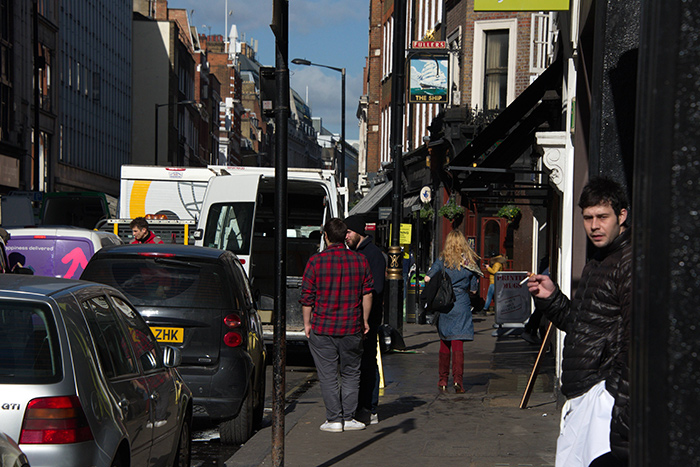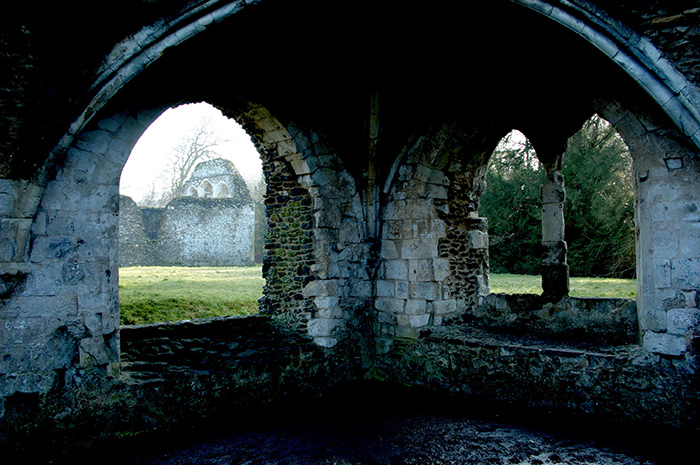The Devil and The Detail: Research in Historical Fiction
At its best, reading historical fiction is like a journey to a fabulous new place – familiar, and yet totally different – from where you see your “normal” everyday world through fresh eyes.
But sometimes there are bumps in the road. I’ve read a lot of historical fiction, and I’ve read a lot of contemporary fiction written over the last three hundred years or so. In writing stories set in the past, I’ve found one of the most difficult things to gauge is how much detail to include.

I’ve written here some important tips to consider when you’re working on your next historical fiction novel or short story.
Route planning
In planning a piece of historical fiction, you’ll probably do a great deal of research into daily life, people and places of the time your work is set. And it’s only human to want to show that you’ve done your homework – to include as many fascinating facts and as much delectable detail as you can shoehorn in to your pages.
Do not do this.
Including too much detail can really ruin a story.
What’s the story?
Your readers are looking for a story. If they wanted all the extra information that you can’t resist putting in, they’ll read a proper history book or take to Wikipedia. And too much information gets in the way of the story. I recently read a new novel by a very well established author and I found it very hard going. Pretty well everything the characters did seemed to have a ball and chain of research detail attached. It bogged down the (not exactly scintillating) plot and added nothing to my understanding of the characters.

Reading the author’s work felt like this:
“Donald (named after the very popular cartoon character from films of the previous century and not the recently elected president of the United States) noticed that he was hungry. So he walked to McDonald’s, with its distinctive yellow and red livery and clown mascot, to buy himself a bag of fries (known for a short while as freedom fries, the “French” having been dropped when the French nation became known as cheese eating surrender monkeys – a line originally appearing in the 1990s in the television show “The Simpsons” but revived in 2003 in response to the lukewarm French response to the American-led invasion of Iraq). Donald paid with his contactless card, took his fries, and as he turned, he noticed…”
If you haven’t fallen asleep, you might want to know what he noticed. What we noticed, however, is how boring your are. We want stories, not rants.

Get it RIGHT!
If you are going to put a detail in, then make sure it’s right. Another high-profile book I read recently had an ordinary passenger ship crossing from New York to Southampton in three days. I stumbled at this, because I’m old enough to have relatives who did this crossing, and it took them five days. So I checked on the Internet, and indeed it seems that, during the twentieth century, the standard crossing was five days. The mistake is a shame, because it disturbs, and runs the risk of undermining your faith in the rest of the book. And in this case it didn’t even matter to the plot. The author could have spent thirty seconds checking, just as I did.
You only need it if you need it
But the real point is that it’s mostly not necessary. A story written about today isn’t usually swamped with detail (though there is a school of writing that enumerates every Omega watch, Chanel perfume and Dior bag). We don’t write about street furniture and meal times, because we just know. We normally mention details when they matter. When they develop or reveal character or plot.

For example, feel free to tell us the protagonist enjoyed the meal. We don’t need to know the time or dishes served.. unless they affect the story.
The answer
Of course you need to do research for historical fiction – lots of it. And let it settle and sink in, so that your feel for the time and the place are second nature. You’ll be able to walk along a London street in 1717 just as easily as in 2017; and you’ll notice what’s unusual, and you’ll know what’s not. And when you meet your characters there, they won’t take you for an idiot tourist who talks too much, but will listen to the story you have to tell, and tell you what you need to know.

In a nutshell: make it right, and make it real.
Did I miss anything? What do you think is crucial to writing historical fiction? I’d love to hear from you in the comments below.
You might also enjoy:
The Art of Writing Short Stories
How to create an interactive ebook: A step-by-step guide
Cool Trick: Creating Dynamic Character Names in Ebooks
Top 10 Inspirations and Resources for Fiction Writers
10 Basic Steps for Reviewing Your Writing













